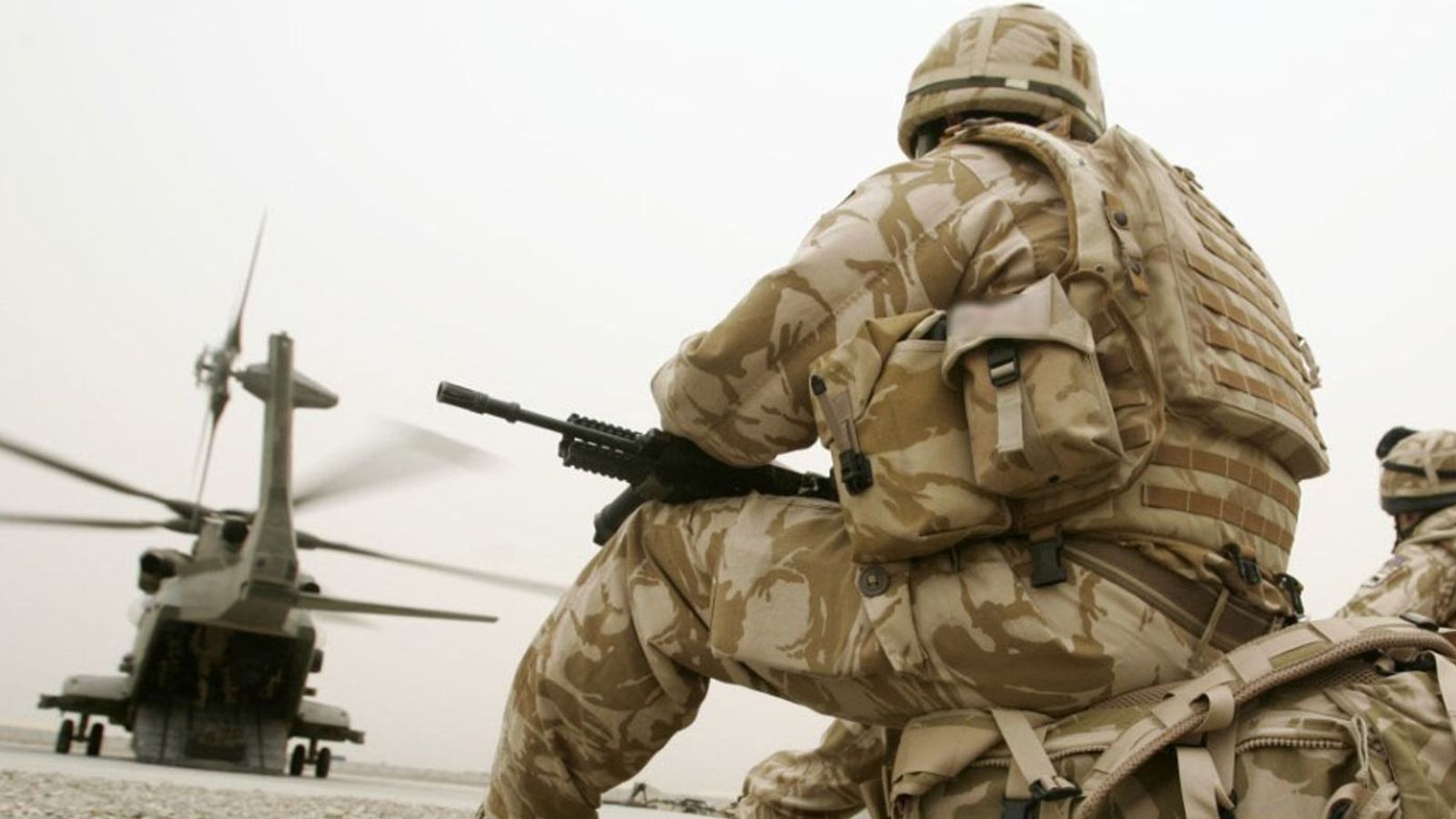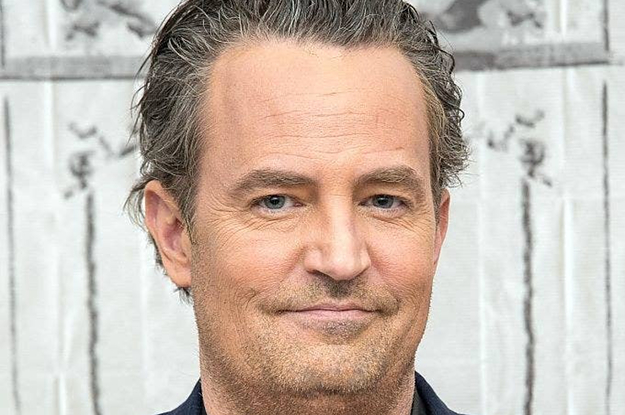Conscription hasn’t been used in the UK for more than 60 years.
But comments from top military officials about what could happen if NATO goes to war with Russia have made the possibility of being called up to fight feel closer than it has in generations.
General Sir Patrick Sanders, the outgoing head of the British Army, said such a conflict would need to be a “whole-of-nation undertaking”, which reignited a debate about defence cuts and volunteering to fight.
Here Sky News looks at how the UK has used conscription before, and what military experts and the government say about bringing it back.
What is conscription and when did the UK last have it?
Conscription legally requires certain groups to join the armed forces.
It was introduced in January 1916, 18 months into the First World War, when a law required all single men aged 18 to 41 to join up.
There were exceptions for certain workers and people considered medically unfit, and a few months later married men were also called up.
The law wasn’t popular; more than 200,000 protested against it. About 2.5 million men joined through conscription, which lasted until 1920. Although the main conflict with Germany ended in 1918, conscription was extended to “enable the army to deal with continuing trouble spots in the Empire and parts of Europe”, according to the UK parliament’s website.
Conscription returned in the Second World War, adding about 1.5 million people to the army, and was extended to women for the first time.
It started with “limited” conscription in May 1939 – as fears of another war in Europe grew – requiring single men aged 20 to 22 to sign up for military training. In September of the same year, when Britain declared war on Nazi Germany, the law was toughened and widened to men aged between 18 and 41.
Conscription applied to women – those who were unmarried and childless widows between the ages of 20 and 30 – from December 1941. At the same time, the age ranges for men were changed – requiring military service up until the age of 51 and some form of service until 60. This was driven by a shortage of men for roles in the police and other services during the war.
Is conscription likely to make a comeback?
Military experts are split on whether conscription is a realistic prospect in 21st-century Britain.
Military analyst Professor Michael Clarke told the Sky News Daily podcast the UK will probably have to go back to having a “citizen army” – but stressed this is “not the same as conscription”.
“It will need to be a citizen army, but a citizen volunteer army of the sort that we’ve had in the past, and we will probably have to have once again in the future,” he said.
The UK army has “almost never” had conscription during its more than 360-year history, he said, adding it was “completely antithetical to the British thinking on the military”.
But former UK defence secretary Michael Fallon told Sky News it was time to “think the unthinkable” and consider conscription.
Not that he was a fan of the idea: “Conscription to most professional soldiers, and I count myself as one, is absolute anathema,” he said.
“Britain’s armed forces have traditionally and culturally relied on long service, volunteer, highly professional soldiers with huge experience – and that is really the way we would all want it to go on.”
But given the current global situation and defence funding cuts since the end of the Cold War, he said it was time to “get over many of the cultural hang-ups and assumptions” and “look carefully” at conscription.
“Sooner or later, if the military can’t improve the way they recruit, then, if it comes to conflict, obviously they will have to look at other methods,” he added.
Please use Chrome browser for a more accessible video player
What has the government said about conscription?
Any talk of the UK introducing conscription to the army if NATO goes to war with Russia is “nonsense”, the armed forces minister, James Heappey, has said.
Mr Heappey said the UK “long had plans” readied for “mobilising volunteers” in the event that Britain enters a new conflict but stressed that “nobody is thinking” about bringing back conscription.
Number 10 has also ruled out any suggestion conscription was under consideration, saying there were “no plans” to change the British military’s “proud tradition of being a voluntary force”.
Read more:
Are we heading for World War Three?
British citizens should be ‘trained and equipped’ to fight
Putin ‘approached US about end to war’ – Ukraine latest
Please use Chrome browser for a more accessible video player
What is a citizen army?
A citizen army is made up of volunteers from the public, rather than career soldiers.
At the beginning of the First World War, 750,000 men volunteered to join the British Army in just eight weeks.
The volunteers had to undergo a series of medical and fitness tests before being accepted as a soldier.
Admiral Lord West, the former head of the Royal Navy, told Sky News this week that the UK would have to “mobilise” in the event of a war between NATO and Russia, hinting citizen volunteers would likely be part of that.
Subscribe to the Sky News Daily wherever you get your podcasts
What is the difference between conscription and national service?
National service was the standard peacetime form of conscription in the UK, introduced after the Second World War.
It came into force in January 1949 and required all men aged 17 to 21 to serve in one of the armed forces for an 18-month period.
It was discontinued in 1960, with the last servicemen discharged in 1963.
The UK’s political parties have debated whether or not to reintroduce some form of the service at a number of elections since the 1960s.
Often, calls to bring it back now focus on volunteering or public service for young adults, separate from the military.
Last year a thinktank proposed a “Great British National Service” volunteering scheme that won the support of the leader of the House of Commons, Penny Mordaunt, and former Tory minister Rory Stewart.
It proposed a “civic” national service scheme for 16-year-olds that would see them complete a certain number of volunteering hours, although it would not be mandatory.
Be the first to get Breaking News
Install the Sky News app for free
What happens if you refuse conscription?
People who refuse conscription on moral grounds are referred to as conscientious objectors. They may object to fighting for political, religious or other reasons.
In the First and Second World Wars, conscientious objectors had to appear before a tribunal to argue their case.
If it was accepted, they may have been given a non-fighting role. If it was dismissed, they had to join up or risk being fined or jailed.






